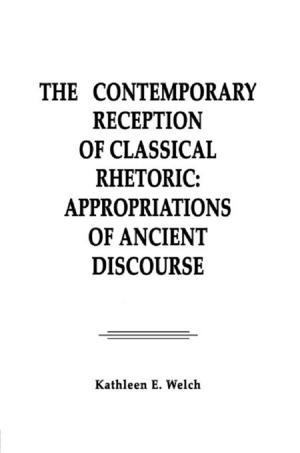Executive Team Leadership in the Global Economic and Competitive Environment
Business & Finance, Human Resources & Personnel Management, Organizational Behavior, Management & Leadership, Leadership| Author: | Richard L. Nolan | ISBN: | 9781317602552 |
| Publisher: | Taylor and Francis | Publication: | December 17, 2014 |
| Imprint: | Routledge | Language: | English |
| Author: | Richard L. Nolan |
| ISBN: | 9781317602552 |
| Publisher: | Taylor and Francis |
| Publication: | December 17, 2014 |
| Imprint: | Routledge |
| Language: | English |
Corporations have continued to grow and extend their operations into the global economy to the point that the modern corporation has become larger and more influential than many sovereign countries. In this global expansion, corporations have extended their operations with little restraint—almost only limited by corporate lawyers’ imaginations. Modern corporations have become so pervasive; world populations are more dependent on them for their food, services, technologies, work and daily well-being than ever before.
This bookanalyzes the twenty-first century forces challenging the executive leadership of the modern corporation. Lessons are drawn for corporate leaders facing these challenges: turbulent times, balancing creators and stewards, managing company culture, managing by wire, incorporating global virtual organization structures, and managing sustained innovation. Nolan concludes with guidelines on creating a leadership agenda for transforming the corporation to successfully compete in the realities of the new corporate world of the twenty-first century.
Corporations have continued to grow and extend their operations into the global economy to the point that the modern corporation has become larger and more influential than many sovereign countries. In this global expansion, corporations have extended their operations with little restraint—almost only limited by corporate lawyers’ imaginations. Modern corporations have become so pervasive; world populations are more dependent on them for their food, services, technologies, work and daily well-being than ever before.
This bookanalyzes the twenty-first century forces challenging the executive leadership of the modern corporation. Lessons are drawn for corporate leaders facing these challenges: turbulent times, balancing creators and stewards, managing company culture, managing by wire, incorporating global virtual organization structures, and managing sustained innovation. Nolan concludes with guidelines on creating a leadership agenda for transforming the corporation to successfully compete in the realities of the new corporate world of the twenty-first century.















